Throughout the transitional seasons, fall and spring, many different types of precipitation will fall. Even in the winter months, it’s not only snow falling. The different types of precipitation can cause messy road conditions and are easily misunderstood. Let’s break down the differences between rain, freezing rain, sleet, and snow!
Rain

Most people know what rain is. Even though it doesn’t cause messy roadways, it can still be a hazard while driving, especially in heavy downpours. All precipitation starts as snow in the upper part of the atmosphere. This is due to the cold temperatures that are at those levels. As the snowflakes fall, they run into warm air that exists to ground level. The snowflakes will melt on their journey to the surface, turning into raindrops.
Freezing Rain
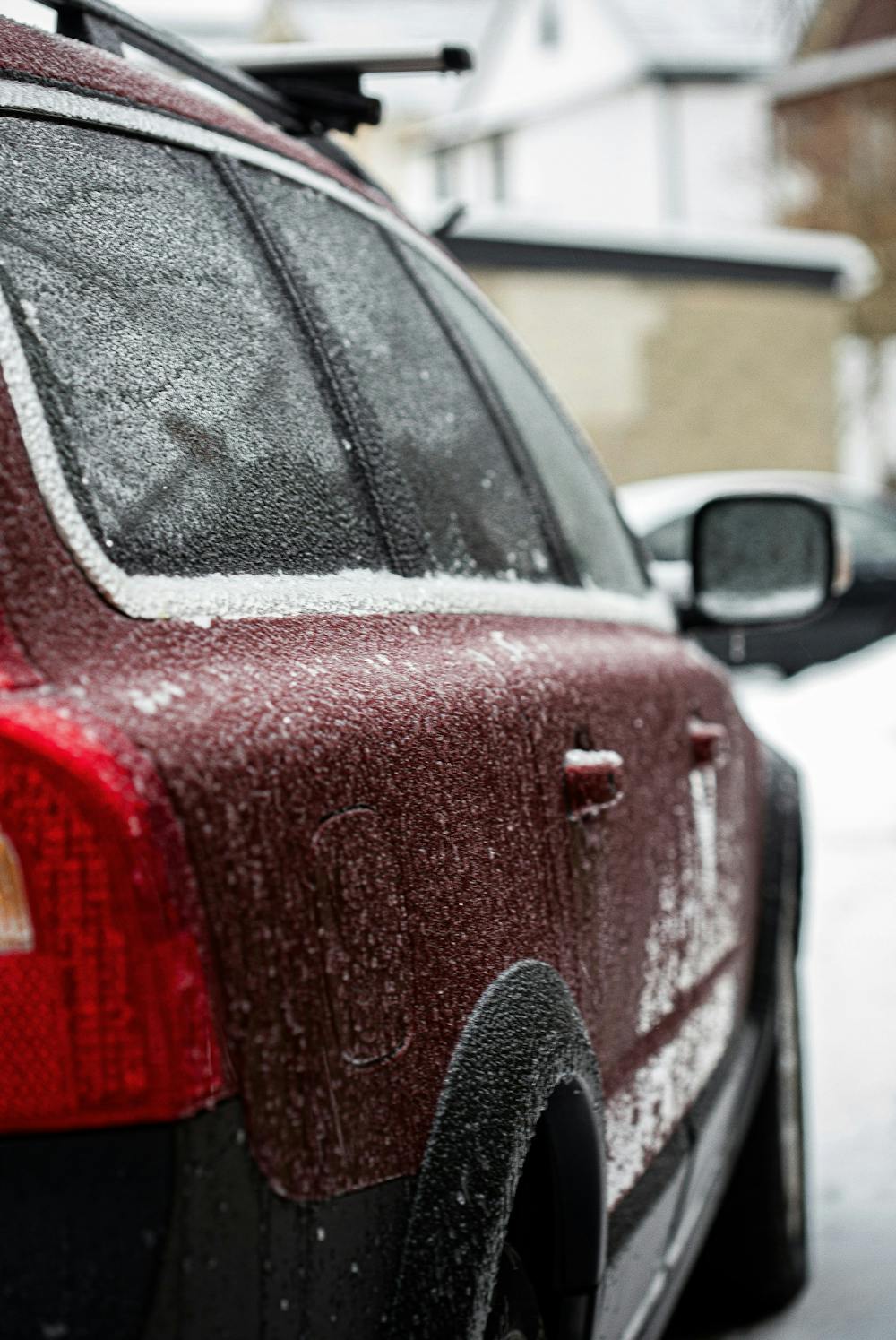
As the snowflakes make their descent to the surface, there is warm air in the layers between the clouds and the surface. The snowflakes will melt, but there is a caveat… the temperatures hovering just above ground level are still freezing! Once the raindrops make contact with the surface, they will freeze upon impact.
Freezing rain is one of the more treacherous precipitations for travel. It causes icy roadways and they can become nearly impossible to drive on.
Sleet
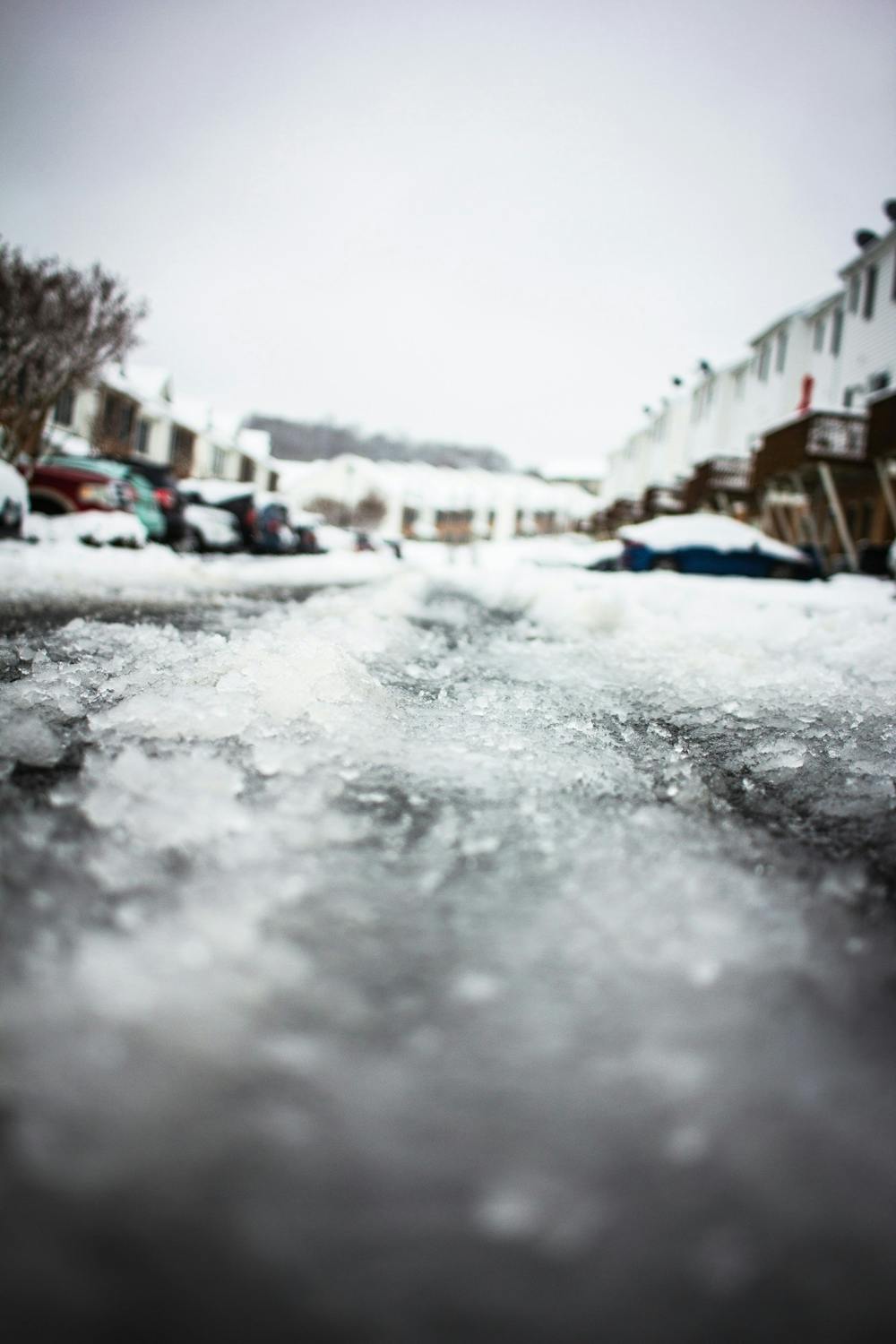
Sleet is typically the “loud” winter precipitation. When it hits windows, it will sound like little ice pellets tapping the glass. When a shallow warm layer exists just below the cloud, the snowflakes will melt as they begin their fall, but there is a decently large cold layer near the surface. This gives the raindrops time to refreeze before they hit the surface. Sleet is normally more wet and slushy on the ground than snow is.
Snow
When cold air exists at all layers, snowflakes are able to make their journey all the way to the surface! There are many different types of snowflakes, so many so that meteorologists don’t even know how many flakes truly exist! The odds of seeing two identical snowflakes are slim to none!
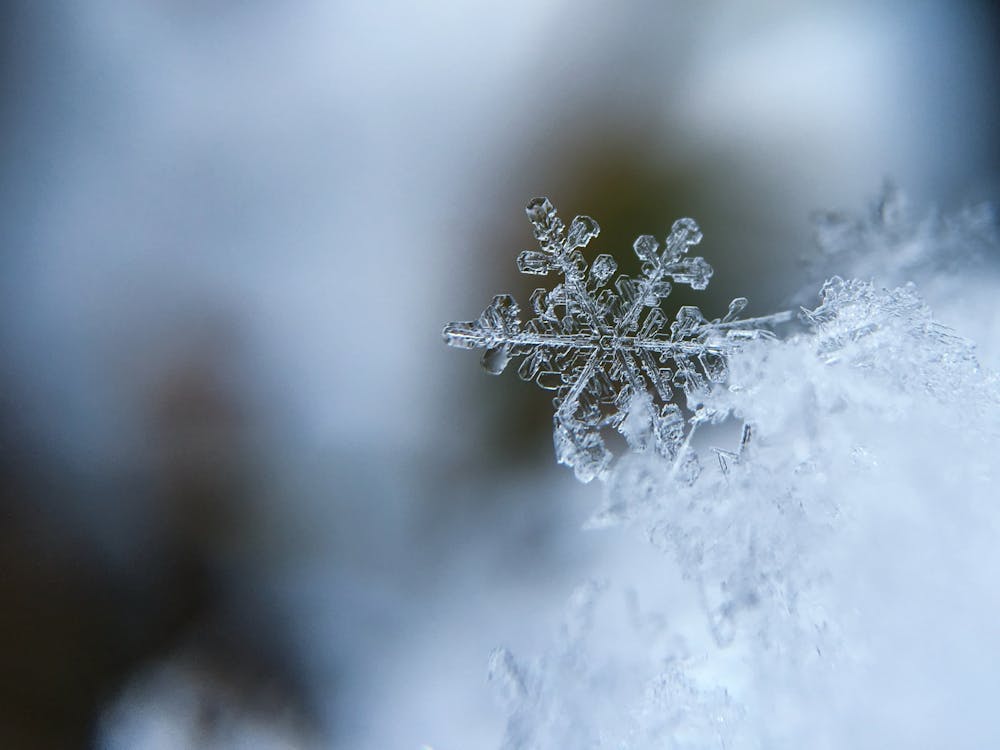
--Chief Weather Forecaster Hope Kleitsch

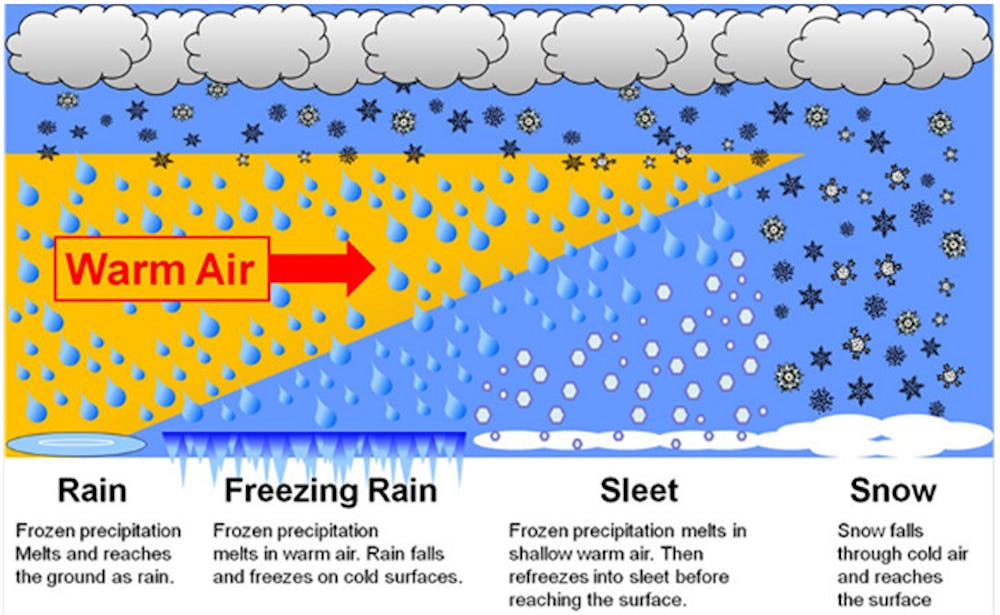


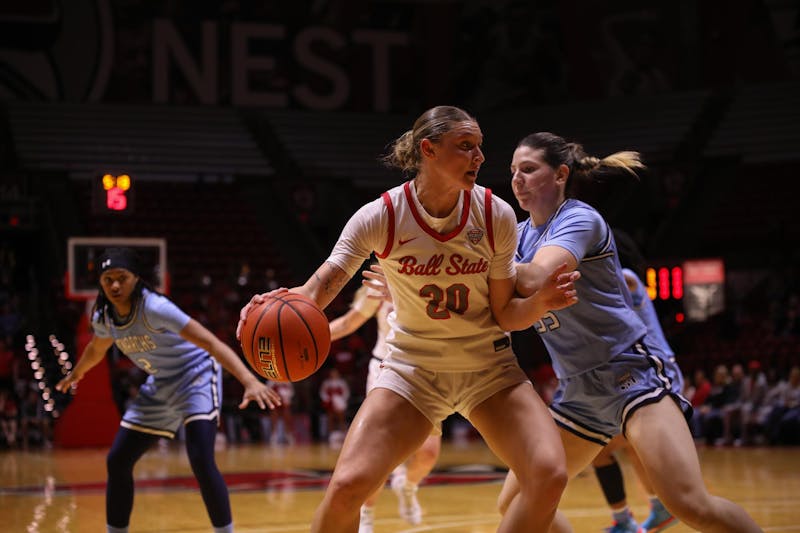
The Daily News welcomes thoughtful discussion on all of our stories, but please keep comments civil and on-topic. Read our full guidelines here.